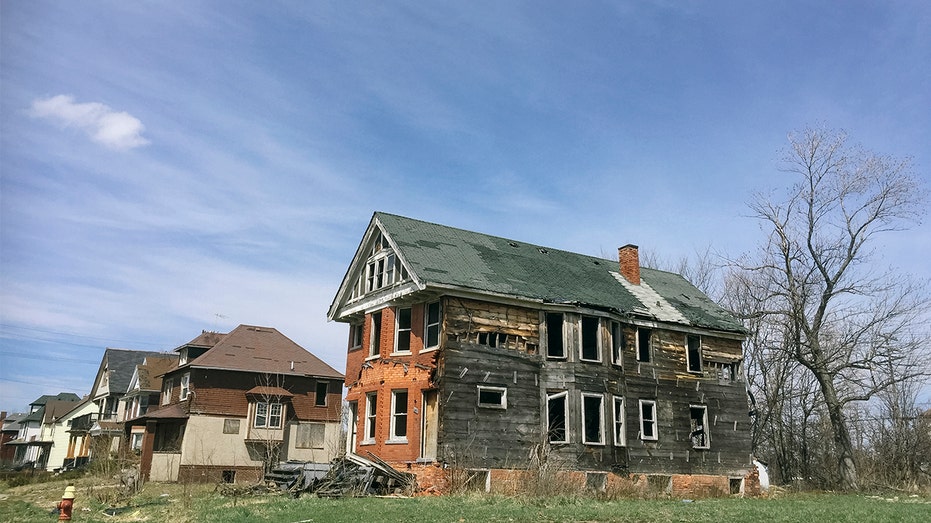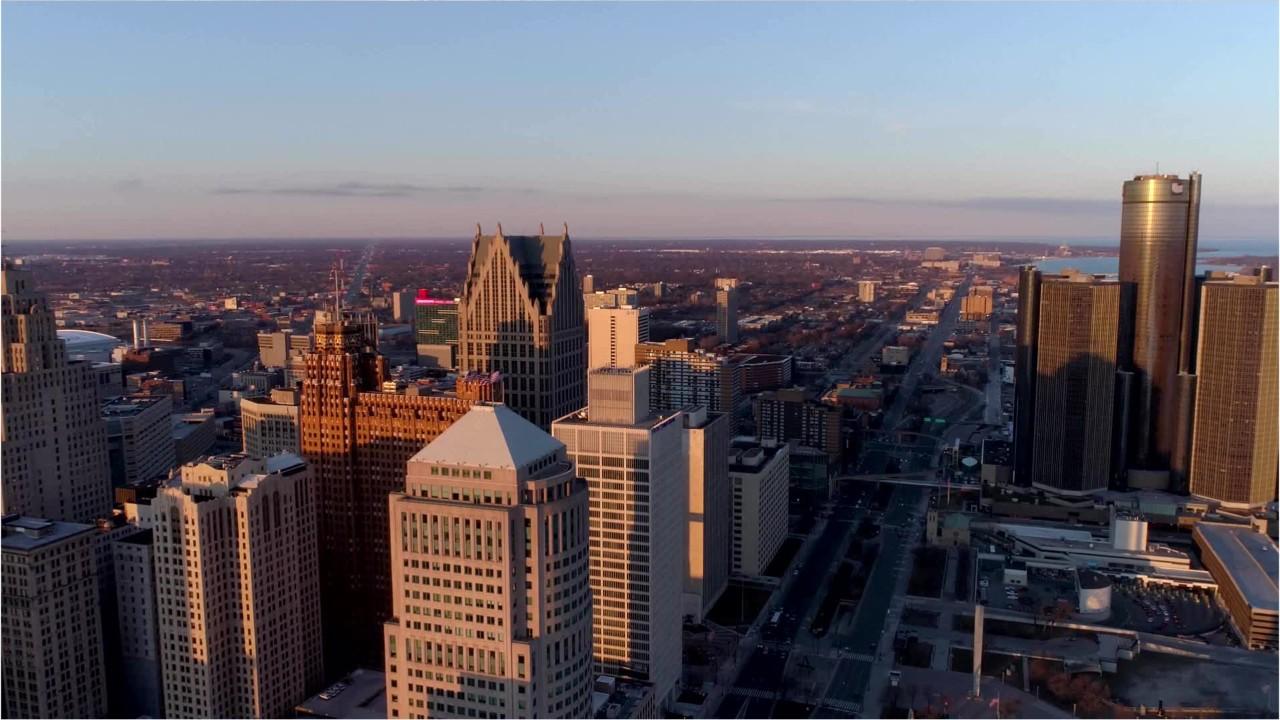First autos, then Amazon: Here's why Detroit lost out on the e-commerce giant
The Democratic Party’s 2020 presidential hopefuls are headed to Detroit this week to duke it out on the debate stage, in a city that has been struggling to regain its financial footing.
Detroit was one of the cities e-commerce giant Amazon had considered as a location for its new HQ2 facilities – which could have given the Motor City a much-needed economic boost. However, the city ultimately did not make the cut due to a lack of prospective talent and transportation challenges.
Sandy Baruah, president and CEO of the Detroit Regional Chamber, told the Detroit Free Press in January 2018 that the city fell just short of earning a spot on the company’s list of 20 finalists.
"My takeaway, yeah, regional transit played a role. Was it the defining role? No, I think talent was the defining role in us not making the list," Baruah told the publication at the time.
As previously reported by FOX Business, the city’s unemployment rate is 12.2 percent, which is about three times the national average. Just over 16 percent of residents have a bachelor’s degree – well below the national average of 32 percent.
Nearly one-quarter of residents were living below the poverty line over the last 12 months.

Abandoned houses in Detroit
Meanwhile, once hailed as a mecca for its vibrant auto industry, solving mass transit issues is an ongoing challenge for the city. Local leaders cannot seem to agree on the best way to overhaul – and fund – a better public transit system.

A view from outside the main entrance of the Detroit Packard Plant. This abandoned automobile manufacturing plant has been deteriorating since closing its doors in 1957.
The city filed for the largest-ever U.S. municipal bankruptcy six years ago.
CLICK HERE TO GET THE FOX BUSINESS APP
Amazon ultimately ended up choosing Long Island City, New York and northern Virginia as sites for its new headquarters – specifically citing access to talent as driving factors. Plans, however, fell apart in Long Island City amid mounting opposition from local residents and lawmakers – depriving New York of a promised $2.5 billion investment and 25,000 high-paying jobs.
It has not yet decided on a new location.




















